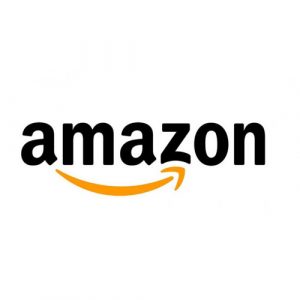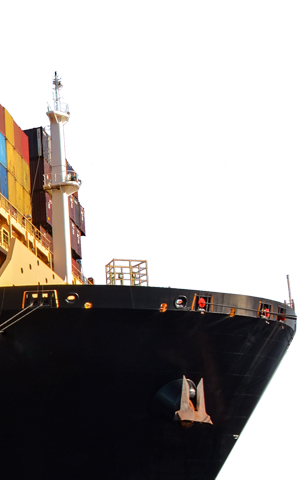Ecommerce & Logistics: Choosing the Right Technology
- Home
- >
- Cargo Blog
- >
- Ecommerce & Logistics: Choosing the Right Technology
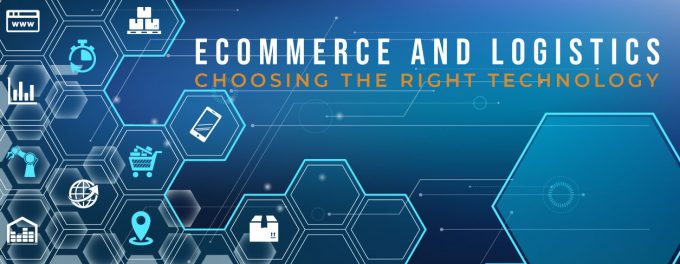

By Gloria Isamar Rivera, My Logistics Lab
The growth of ecommerce has skyrocketed in the past year, and according to Statista’s ecommerce report 2020, it is expected to surpass revenues of $563.3 billion by 2025.
Now more than ever, customers are looking to make their purchases online. With an internet connection and a computer, phone, or tablet, they can access a variety of options to satisfy their needs with just a click. Is your online business ready to serve them now and in the future?
Managing an ecommerce operation is more than receiving an online order and preparing its invoice. It also involves preparing items for shipping with proper packaging, labeling, dispatching, and delivery to the customer’s doorstep.
Each of these steps has its own logistics, which can be impacted by technology, reaching superior synchrony and continuous flow.
Choosing the right logistics technology
Logistics technologies must be aligned with the business model and the products while at the same time being customer-centric. These elements should be the foundation for any logistics technology system.
[clickToTweet tweet=”A 3PL partner can provide software integration to support accurate inventory management. This is key when managing SKUs, counts, and product variants, setting reorder points, real-time tracking, and inventory.” quote=”A 3PL partner can provide software integration to support accurate inventory management. This is key when managing SKUs, counts, and product variants, setting reorder points, real-time tracking, and inventory.”]An ecommerce technology solution needs to have inventory management and order fulfillment capabilities, as well as storage and transportation visibility. These components are key to accessing information like stock levels and transit times, among other details. Having fast access to these data points enables your business to make decisions quickly and with assertiveness.
Logistics technology must support all links and processes from the manufacturer or suppliers to the customer’s hands. All facets of your operation must be integrated into the process to provide a constant flow of accurate information.
With these important features in mind, we will explore two logistics technology options for your ecommerce business: robust in-house software or partnering with a third-party logistics (3PL) provider.
Choosing software
There are plenty of useful platforms that help with inventory management and have integration capabilities to other services, like mail tracking and customer relationship management. Choosing the right software is about understanding your business model, products, and the desired customer purchase experience. It must support all the internal and external operations linked to your business’ products.


With an integrated ecommerce platform like Shopify or WooCommerce, you can create a store, monitor sales and control inventory. Both are powerful tools that provide management dashboards with visibility into orders and fulfillment, payments, customer information, centralized inventory, and more. While this technology may be ideal for an ecommerce-only operation, it may not be the right solution for a brick-and-mortar store.
Another vital piece of supply chain management and customer satisfaction for an ecommerce business is shipping. Today’s consumer wants same-day or next day shipping for their online purchase. With the integrated platforms, your company retains full control over the information flows and processes – including shipping – throughout the supply chain, from the manufacturer to the end-user.

Last mile delivery does come with its own challenges. Delivery expenses often make the difference between generating a profit or not. Logistics technology can benefit online retailers by addressing profit margin-challenged products by offering customers delivery options to choose superior service at a lower cost. Platforms like ShippIt and ShipStation are just two software solutions designed to handle the shipping process. Each can be easily integrated into ecommerce sites.
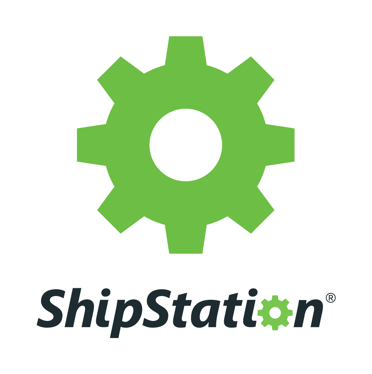
For some customers, fast delivery is not a deal-breaker; for others, it is. One-Size-Fits-All is not a smart approach. Letting customers choose what is best for them can make a huge difference when looking at the shipping costs in the long term. With ShippIt, for example, multiple delivery options can be included at the checkout. A customer with options is happy to select what is best for them.
Logistics processes and technology represent a leading fact in improving and reducing costs while increasing profit margins. However, sometimes a smarter move is to rely on a specialist to tackle the logistics with high-quality practices without putting a strain on your business.
Choosing a 3PL
Partnering with the right 3PL can be an advantage to your supply chain.
Working with a 3PL allows you to take advantage of the logistics technology and platforms they have in place. The partnership offers a number of advantages beyond technology, including their expertise in logistics, warehouse space for transfers and storage and volume discounts to name a few. This business relationship can help distribute inventory and keep it in storage in different locations based on a companies’ active markets, reducing transportation costs. The FBA service (Fulfillment By Amazon) is a pay-as-you-go option that allows ecommerce businesses to start small while offering fast shipping at low costs.
A 3PL partner can provide software integration to support accurate inventory management. This is key when managing SKUs, counts, and product variants, setting reorder points, real-time tracking, and inventory on hand.
The reports and insights that a robust 3PL can share with your business are enormously valuable. This data can help understand the customers and predict their behavior while optimizing processes and designing targeted responses. Using accurate insights to identify what works and what doesn’t work is a huge advantage that can help save money if addressed promptly.
Partnering with UPS, FedEx or DHL can give an ecommerce operation access to their logistics platforms, allowing visibility, inventory monitoring, and fast shipping. It’s like having all their specialized workforce available to serve your customers. All three have the flexibility to tailor packages, including specific services, making it an advantage and a great way to adjust a robust service infrastructure to any online business.
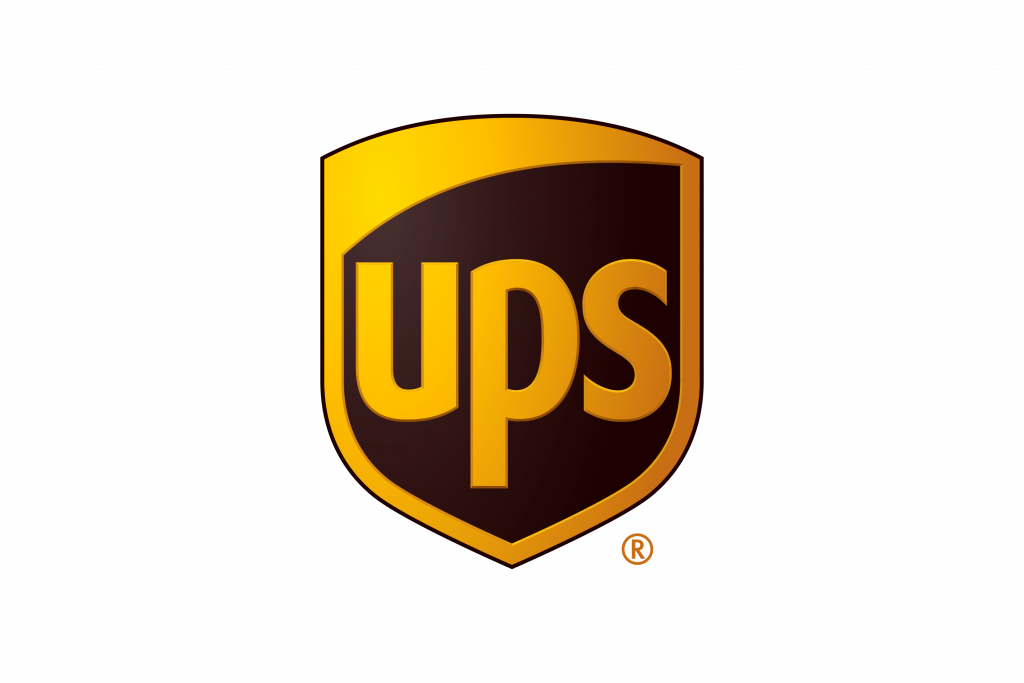


In contrast, cloud-based tools allow 3PL providers like XPO Logistics to provide a superior last-mile delivery service and establish access to powerful analytics that optimize productivity and reduces costs. The multimodal transportation network connectivity provided at their digital platform allows businesses to keep an eye on the services. Simultaneously, machine learning technology recognizes and remembers choices, enabling predictive alternatives in future searches.
View a list of logistics providers based in Northeast Florida in JAXPORT’s Business Directory.
Parcel shipments are a blooming segment of the market. Project44, a global leader in advanced visibility for shippers and logistics service, has an integrated network powered by SAP where integration is shared with partners involved in the shipping process. This experience is tailored from truckloads, air, parcel, or final mile shipments. The idea is to achieve and share shipment visibility and to offer a holistic consumer experience.
[clickToTweet tweet=”There is no doubt that logistics technologies are revolutionizing how modern retailers serve their customers. Integration, predictability, visibility, and responsiveness are just a few of the powerful value-added elements that logistics technologies can offer to an online business.” quote=”There is no doubt that logistics technologies are revolutionizing how modern retailers serve their customers. Integration, predictability, visibility, and responsiveness are just a few of the powerful value-added elements that logistics technologies can offer to an online business.”]Logistics technology as a relevant component in ecommerce
There is no doubt that logistics technologies are revolutionizing how modern retailers serve their customers. Integration, predictability, visibility, and responsiveness are just a few of the powerful value-added elements that logistics technologies can offer to an online business.
Ultimately, organizations that employ logistics technologies and strategies to mold their delivery processes to their customer’s behavior and specific needs will stand above the competition, differentiating themselves from the rest of the competition and succeeding.
When looking for a logistics technology option, consider the following:
- Your business model
- Product needs
- Desired customer purchase experience (what they want, and what they need)
- Ability to integrate into existing business tools.
- Value-add options such as product tracking, visibility in-storage and in-transit, and error reduction.
The right technology can support an efficient supply chain for your ecommerce business and fulfill the needs of today’s evolving ecommerce customers.

Connect with a member of JAXPORT’s commercial team to learn how the port is investing in technology to provide visibility into your cargo’s supply chain in Jacksonville.
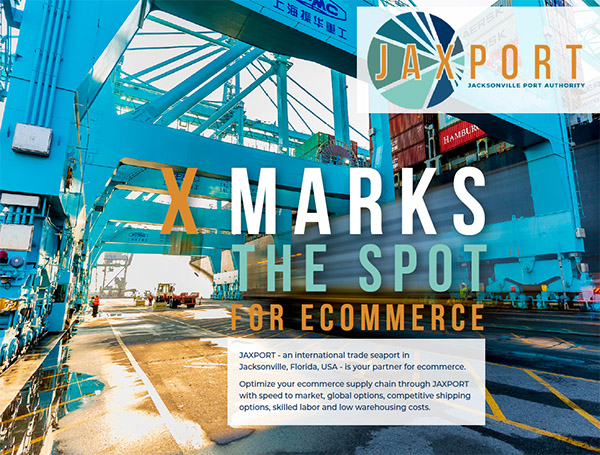
From startups to large retailers, more and more businesses are choosing JAXPORT to optimize their ecommerce supply chains.
In this 18-page e-book from JAXPORT, learn how Northeast Florida is meeting the industry’s growing demand for industrial real estate space in close proximity to urban population centers.
